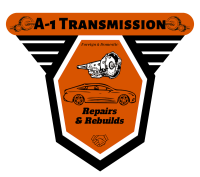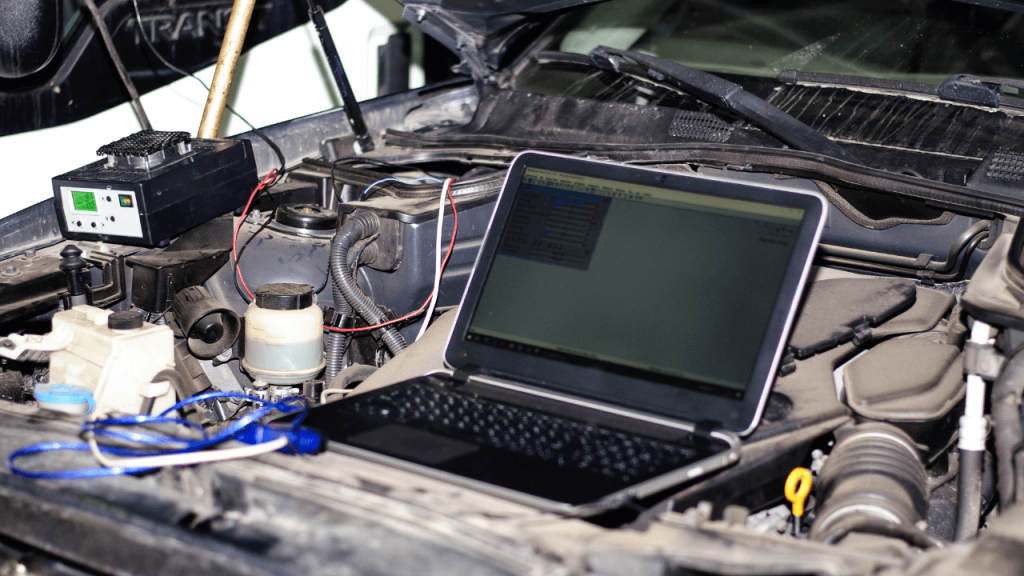Your vehicle's electrical system controls nearly every function, from engine operation to lighting, entertainment, and accessories. But electrical parts eventually wear out or fail. Use these DIY tips to maximize electrical system longevity and troubleshoot common issues.
Maintenance Tips
Regular maintenance goes a long way in preventing electrical failures:
- Check battery cables and connections monthly for corrosion. Clean and tighten as needed.
- Inspect headlights, brake lights and turn signals for burnt out bulbs. Replace immediately to maintain visibility and safety.
- Check fusible links and fuses if any electrical components stop working. Replace blown fuses with the correct amperage rated fuse.
- Keep the battery posts and terminals clean. Wire brush any buildup of acidic corrosion.
- Recharge or replace the battery every 3-5 years. Weak batteries can leave you stranded.
- Seal any exposed wiring with electrical tape to prevent moisture damage.
Look Out for These Warning Signs
Be proactive if you notice these indications of potential electrical issues:
- Dimming or flickering lights
- Battery not holding a charge
- Fast clicking sound when turning the key
- Odd smells from burning wires
- Electrical shorts causing blown fuses
- Gauges giving erratic readings
- Electronics like power windows malfunctioning
- Check engine light illuminated
Safety First When Making DIY Repairs
Exercise extreme caution when doing any electrical work:
- Wear eye protection and disconnect the battery before repairs.
- Never splice into electrical harnesses. Use crimp connectors or solder/heat shrink splices.
- Confirm wiring diagrams are correct for your make/model before making circuit repairs.
- Insulate exposed wiring with heat shrink tubing or electrical tape.
- Use a fuse with the specified amp rating when replacing blown fuses.
When to Seek Professional Help
While DIY repairs are suitable for minor issues, seek professional assistance for:
- Replacing major components like the alternator, starter motor or ECU engine computer
- Fixing short circuits in hard to reach areas
- Accessing difficult wiring repairs underneath the dash
- Diagnosing intermittent electrical gremlins
- Airbag warning light illuminated
- ABS, check engine or other critical warning lights on
Properly maintaining your car’s electrical components and making quick fixes when possible keeps everything working correctly. But some jobs require certified technicians and special tools. Seek help from a professional shop before small issues cascade into major repairs down the road.

